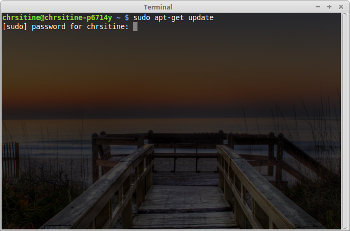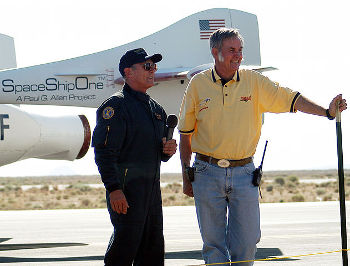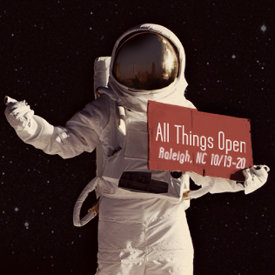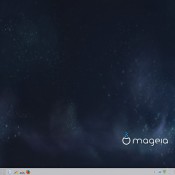FOSS Week in Review
Money: Can’t live with it, and can’t live without it. OK, maybe you actually can live with it, but money seems to be the overriding theme this week when it comes to FOSS news. With this being payday for most of you, try not to spend too much mental currency on some of the developments this week, like:
 MS Writes a Check: Well, this was probably inevitable. With a generous donation, Microsoft has become a gold contributor to the OpenBSD project — the first gold contributor — in an effort to get OpenBSD’s help in porting OpenSSH to Windows. This comes from a report on ZDNet, where Steven Vaughan-Nichols tells the tale of checkbook participation in open source as “the best option…for our team to adopt an industry proven solution,” says Microsoft’s Angel Calvo. A gold contributor writes a check for anywhere between $25,000 to $50,000, so even at the minimum, the OpenBSD Foundation scores big. In exchange, Microsoft gets to port OpenSSH, which arguably is the gold standard for remote administration. Of course, it isn’t revealed how much, in code, Microsoft is going to contribute going forward, but as long as the money is there…I guess the money is there.
MS Writes a Check: Well, this was probably inevitable. With a generous donation, Microsoft has become a gold contributor to the OpenBSD project — the first gold contributor — in an effort to get OpenBSD’s help in porting OpenSSH to Windows. This comes from a report on ZDNet, where Steven Vaughan-Nichols tells the tale of checkbook participation in open source as “the best option…for our team to adopt an industry proven solution,” says Microsoft’s Angel Calvo. A gold contributor writes a check for anywhere between $25,000 to $50,000, so even at the minimum, the OpenBSD Foundation scores big. In exchange, Microsoft gets to port OpenSSH, which arguably is the gold standard for remote administration. Of course, it isn’t revealed how much, in code, Microsoft is going to contribute going forward, but as long as the money is there…I guess the money is there.





 And then, there I was, standing in my pajamas at 10:30 p.m., staring at the screen of our first color television set. My mom made us stay up late to watch “the most important event in history,” according to her. Neil Armstrong was about to set the first human footprint on the moon. Although later I thought the real important event was David Scott taking the coolest dune buggy ride ever during Apollo 15. Of lesser impact to most might be the Kent State massacre, Woodstock and the death of John Lennon.
And then, there I was, standing in my pajamas at 10:30 p.m., staring at the screen of our first color television set. My mom made us stay up late to watch “the most important event in history,” according to her. Neil Armstrong was about to set the first human footprint on the moon. Although later I thought the real important event was David Scott taking the coolest dune buggy ride ever during Apollo 15. Of lesser impact to most might be the Kent State massacre, Woodstock and the death of John Lennon. It inspires awe how quickly Friday comes along — one minute I’m talking stories for publication with my colleagues Ken Starks and Christine Hall, and the next thing I know, deadlines are poking me in the shoulder and saying, “Well…?”
It inspires awe how quickly Friday comes along — one minute I’m talking stories for publication with my colleagues Ken Starks and Christine Hall, and the next thing I know, deadlines are poking me in the shoulder and saying, “Well…?”




 Apple? So long as it continues to be an overpriced walled garden, it’s not likely to pose much of a threat. It’ll always be held in disdain by free tech folks, but always in the number two position because it’s easily ignored.
Apple? So long as it continues to be an overpriced walled garden, it’s not likely to pose much of a threat. It’ll always be held in disdain by free tech folks, but always in the number two position because it’s easily ignored.
 The only sad part of the story, at least so far, is that the United States has stubbornly dug in her heels. She has chosen to pay homage to the Microsofts and the Apples in our nation. We remain as one of the only nations in the world that openly shuns FOSS in the enterprise. We not only shun it, we work directly against it in the halls of our Senate. That’s due to one simple thing.
The only sad part of the story, at least so far, is that the United States has stubbornly dug in her heels. She has chosen to pay homage to the Microsofts and the Apples in our nation. We remain as one of the only nations in the world that openly shuns FOSS in the enterprise. We not only shun it, we work directly against it in the halls of our Senate. That’s due to one simple thing.